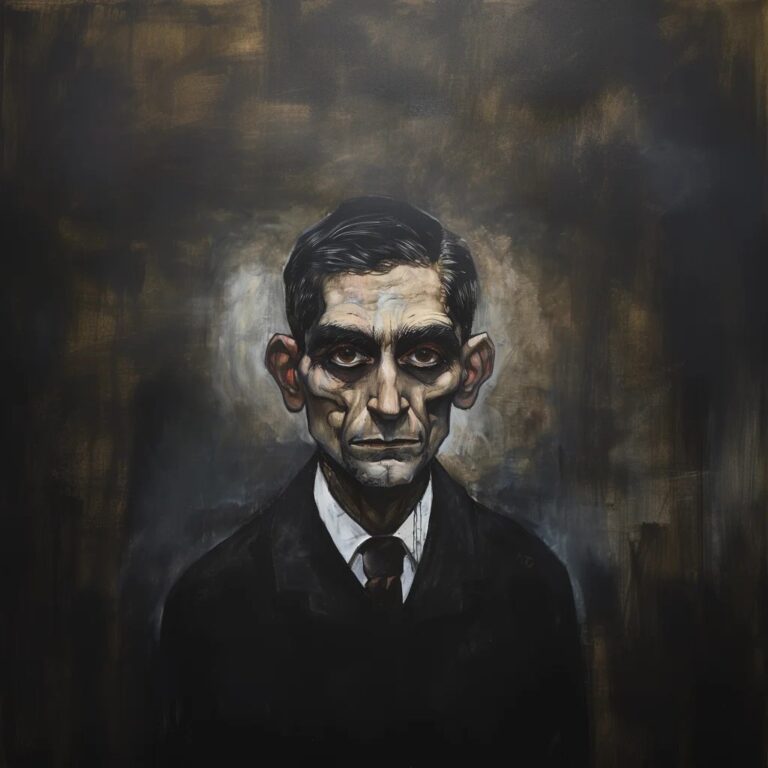Albert Camus was born on November 7, 1913, in Mondovi, French Algeria.
He won the Nobel Prize in Literature in 1957, becoming the second youngest recipient after Rudyard Kipling.
Camus's most famous works include 'The Stranger,' 'The Plague,' 'The Myth of Sisyphus,' and 'The Rebel.'
'The Stranger,' published in 1942, is one of his most influential novels and a key text in existential literature.
Camus was an active member of the French Resistance during World War II and worked as an editor for the underground newspaper 'Combat.'
He was a lifelong advocate for human rights and often spoke out against totalitarianism and capital punishment.
Camus's philosophy of the absurd explores the conflict between humans' desire for meaning and the silent, indifferent universe.
He was a close friend and later rival of the existentialist philosopher Jean-Paul Sartre.
Camus was also a talented playwright, with works such as 'Caligula' and 'The Just Assassins' contributing to his literary reputation.
He loved soccer and played as a goalkeeper for his university team until he was sidelined by tuberculosis.
Camus's writing often reflects his Mediterranean heritage, with frequent references to the sun, sea, and landscapes of Algeria.
He had a tumultuous personal life, marked by passionate relationships and a deep sense of loneliness.
Camus's philosophical essay 'The Myth of Sisyphus' introduces the concept of 'philosophical suicide' and explores how one might find meaning in a meaningless world.
He continued to write and publish works that questioned and challenged societal norms until his untimely death.
Albert Camus died in a car accident on January 4, 1960, at the age of 46, leaving behind a profound legacy in both literature and philosophy.


